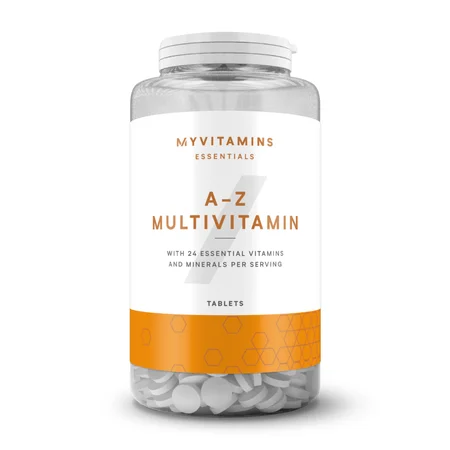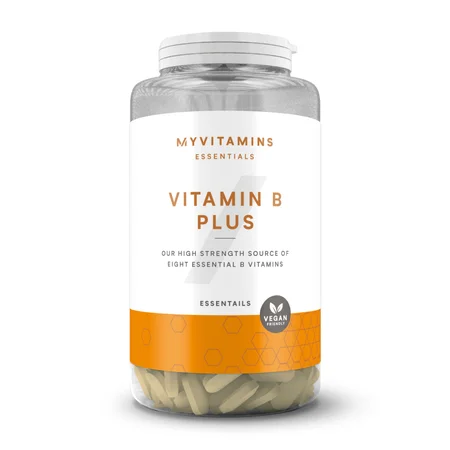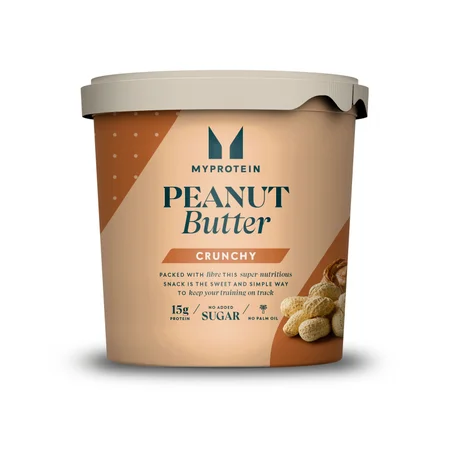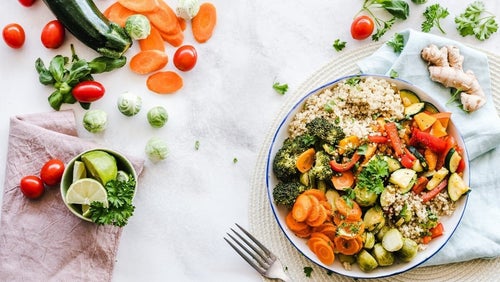Mood Food | Top 7 Feel-Good Foods to Boost Your Mood
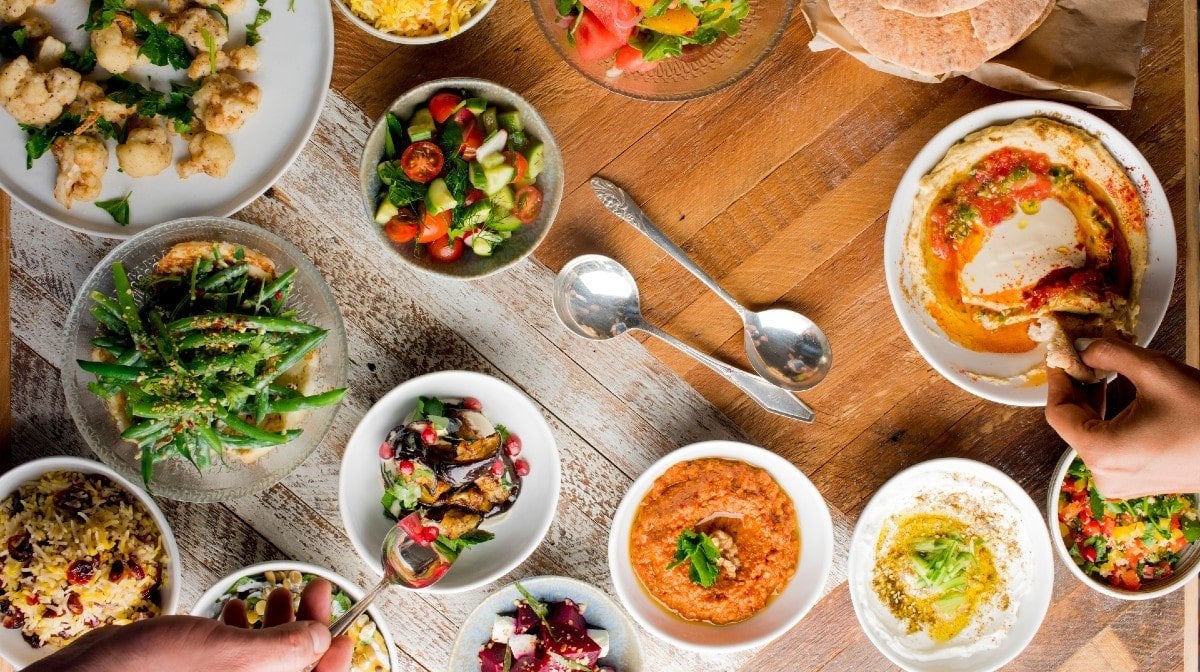
Consuming a well-balanced food intake and avoiding crash diets will help ensure your brain stays healthy and prevent your mood from dropping. Alongside this, the inclusion of some key food groups which will help to make sure your body and brain are getting everything they need to stay healthy and happy.
So, we came up with a definitive list of the top mood foods to help you feel good.
Let's get into it...

1. Carbohydrates
Your brain relies on glucose as a fuel source and consuming carbohydrates will provide this.1 The healthiest options are wholegrains, potatoes, vegetables, fruits and legumes with the lactose in dairy also providing a carbohydrate source.
Low glucose levels may cause a drop in concentration and focus but as long as you have enough glucose for the brain to function properly, you don’t need to eat vast amounts.1 Your activity level and training volume will dictate the appropriate amount of carbohydrates you need to perform at your best or improve your body composition.2 So, never let someone tell you carbs are bad again!
2. Leafy greens
Eating a wide variety of fruits and vegetables will mean your diet will be full of vitamins and minerals. These play a crucial role in maintaining the health and function of your brain and regulating your mood.3 Key micronutrients that may help with your mood include b-vitamins and folate found in leafy greens.3
So, your mum had good reason to demand that you “eat your greens” when you were a kid.
3. Oily fish
Oily fish such as salmon and mackerel are a great source of long chain omega-3 fats and there is evidence to suggest that they may help with low mood.4 The NHS recommends consuming one portion of oily fish a week.5
They’re also super tasty, like our salmon pesto bake!

#RefuelYourAmbition Challenge | Week 4
Get caught up with this week's challenges.
4. Meat, poultry and eggs
Meat, poultry and eggs are all protein sources containing a high number of amino acids. The amino acids tryptophan and tyrosine are precursors for the neurotransmitter's serotonin, dopamine and noradrenaline which each play a role in regulating your mood.6
Meat and eggs are also a good source of b-vitamins and especially B-12 which also play a key role in mood regulation.3
5. Nuts and seeds
Nuts and seeds contain of selenium. Selenium is responsible for a range of roles in the body, with low levels of it increasing the likelihood of negative mood states.7
Brazil nuts are a particularly good source of selenium.8 So, stock up on nuts, they make a great mood boosting snack.
6. Prebiotics and Probiotics
Whilst a relatively new field of research, there’s emerging evidence that the health of your gut or microbiome can affect your mood.9
Without supplementation, foods such as natural yoghurt and kefir are good source of probiotics and ensuring you eat plenty of fruit and veg will mean your diet contains enough prebiotics. Both of which are important for a healthy gut, and boost your mood too!
7. Coffee
Caffeine lovers will be glad to hear that this one made the list.
Coffee contains caffeine which is a stimulant which is often consumed as a way to raise alertness and concentration. Caffeine intake alters the expression of neurotransmitters such as adenosine noradrenaline, dopamine and serotonin which may help to improve mood in the short term10.
However, caffeine may also negatively affect sleep and with sleep deprivation impacting mood. So it’s best to avoid giving into any afternoon caffeine cravings if you can.

Tips to improve your mood with food
Alongside eating the foods listed above, ensuring you do not drop your calories too low for too long will help prevent your energy and mood from lowering.11
If weight loss is one of your goals, avoiding aggressive dieting for long periods and consider including ‘diet breaks’. For example, try going for two weeks in calorie deficit and two weeks following a maintenance level of calories. This has also been shown to increase the likelihood of long-term weight loss.12
Eat a Nutritious Breakfast
A key factor in preserving a good mood is the regulation of blood sugar levels.13 Eating at regular intervals is a good way to do this. At breakfast time there will have been a substantial period since your evening meal so consuming a healthy breakfast will help to regulate blood sugar and prevent irritability and a drop in mood.13
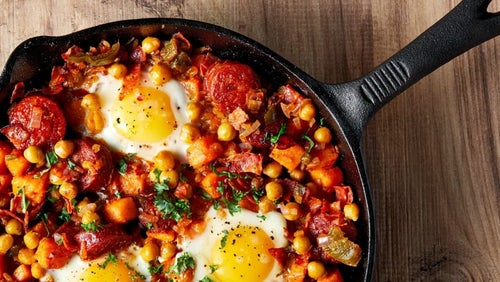
5 Easy Ways To Eat Yourself Happy | Top Mood Foods For Mental Health
Make every bite count.
Eat the Right Fats
Consuming healthy fats such as omega-3s found in fish and nuts can help reduce the likelihood of low mood.4 Consumption of trans-fats (often contained in fast food options) has also been linked to low mood so it’s best to the limit those to the occasional treat.13
Take Home Message
Ensuring you are eating a well-balanced diet containing the appropriate amounts of carbohydrate, protein and healthy fats alongside plenty of leafy green vegetables is the best way for your nutrition to help your mood. Performing regular exercise and sleeping properly will also play a big role.
READ THESE NEXT:

5 Easy Ways To Eat Yourself Happy | Top Mood Foods For Mental Health
Make every bite count.

#RefuelYourAmbition Challenge | Week 4
Get caught up with this week's challenges.

Liam is a certified sport nutritionist with the International Society of Sport Nutrition and is enrolled on the British Dietetics Association’s Sport and Exercise Nutrition register. He has a Bachelor’s of Science in Sport and Exercise Science and is graduate of the ISSN Diploma in Applied Sport and Exercise Nutrition.
Liam is an experienced personal trainer, helping clients reach their health and fitness goals with practical, evidence informed exercise and nutrition advice. In his spare time Liam has competed in numerous powerlifting competitions and enjoys hill walking, football and expanding his recipe repertoire in the kitchen.Find out more about Liam's experience here.
